In today’s interconnected world, traditional methods of engaging with the government and voicing concerns have evolved. With the advent of digital technologies, crowdsourced data, and social media platforms, citizens have new avenues to make their voices heard. It is time to raise the volume and explore effective digital strategies that can empower individuals and communities to demand accountability, transparency, and meaningful change from their government.
Crowdsourced data has emerged as a powerful tool for gathering real-time information and insights directly from the people. Through online platforms and mobile applications, citizens can contribute data on various social, political, and governance issues. This data, when collected and analyzed, provides a comprehensive view of public sentiment, challenges, and priorities. By harnessing the power of crowdsourced data, citizens can present a unified and evidence-based voice that demands attention and action from the government.
Social media has revolutionized communication and connectivity, enabling individuals to share their thoughts, concerns, and aspirations with a global audience. Platforms like Twitter, Facebook, and Instagram have become powerful tools for mobilizing communities and creating social movements. By leveraging social media, citizens can amplify their voices and engage with a wider audience, including policymakers, influencers, and the general public. The viral nature of social media content can help spark discussions, raise awareness, and ultimately push the government to address pressing issues.
Technology initiatives play a vital role in promoting transparency and holding the government accountable. Online platforms that provide access to government data, budgets, and public expenditures empower citizens to monitor the actions of their elected representatives. These initiatives allow individuals to track progress, identify gaps, and demand answers from their government. By utilizing digital tools, citizens can ensure that the government remains transparent and responsive to their needs.
One of the significant advantages of digital strategies is their ability to amplify the voices of marginalized communities. Online platforms provide a space for individuals and groups who have traditionally been silenced or overlooked to share their experiences and concerns. Through the power of storytelling, citizen journalism, and online campaigns, marginalized voices can gain visibility, challenge societal norms, and demand equal rights and opportunities. Digital strategies provide a platform for inclusivity and foster a sense of empowerment among those who have long been marginalized.
Digital strategies also enable individuals and organizations to forge alliances and collaborations for a common cause. Online networks and communities unite like-minded individuals who share similar goals and aspirations. By joining forces, these groups can pool resources, expertise, and influence to bring about meaningful change. Digital platforms facilitate collaboration, enabling the collective strength of citizens to advocate for policy reforms, challenge systemic injustices, and demand government action.
In the digital age, raising the volume and making the government hear our voices requires innovative approaches and effective digital strategies. Crowdsourced data, social media platforms, and technology initiatives offer powerful tools to engage citizens, promote transparency, and demand accountability. By harnessing the potential of these digital strategies, individuals and communities can come together, amplify their voices, and drive meaningful change. The government must recognize the power of digital engagement and proactively listen to the concerns, aspirations, and demands of its citizens. Only through collaboration, transparency, and responsive governance can we truly create a society where the government is attuned to the needs and aspirations of its people.





